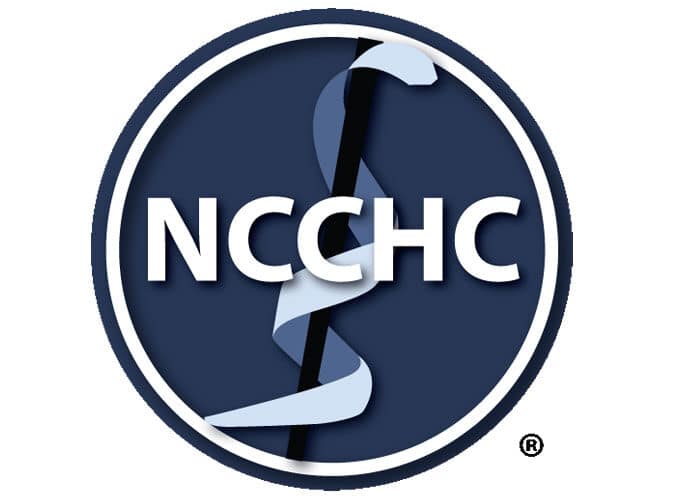
New Members Elected to NCCHC Board
NCCHC welcomes three new members to its multidisciplinary Board of Representatives.
Home Correctional Health, Public Health & COVID-19
by Alison O. Jordan, MSW, LCSW
“Correctional health is public health”—We say this often, but what does it mean?
It means that the correctional health service delivery system has implications for people incarcerated and working in the facilities as well as an impact on community health as people come and go from and to correctional facilities to community settings. Now more than ever, the COVID-19 pandemic highlights the critical need for ongoing collaboration among infectious disease specialists, public health professionals, epidemiologists, and correctional health experts. The pandemic also highlights socioeconomic and minority health disparities, as many communities have disproportionate prevalence of the underlying health conditions that are risk factors for COVID-19 infection. Certain minority groups are also overrepresented in correctional populations, especially in jails and detention facilities, which can quickly swell to become epicenters of disease.
Leaders willing to and capable of working across disciplines are essential to saving lives, and we are seeing public health, corrections, and correctional health professionals come together to address the practical needs of the incarcerated.
After incarceration, survival needs (such as food, clothing, and shelter) are the predominant concerns. People with chronic or communicable diseases – asthma, cardiovascular disease, diabetes, hypertension, HIV/HCV, and other underlying conditions – are at the greatest risk and need additional coordination and support to facilitate continuity of care from correctional to community access to care.
Effective transfer protocols and discharge planning strategies can facilitate safer reentry by including public health considerations. Transitional care coordination and other linkages to care interventions need to adapt to current physical distancing requirements. While a traditional handoff from one provider to another through interactions with jail-based social workers and community health workers is significantly limited during this period of social distancing, adaptive strategies and approaches are being used to facilitate a warm transition despite physical distancing:
I encourage you all to share your adaptive approaches through the NCCHCConnect online community and social media platforms to let folks know how critical a time this is for collaborations among correctional health, public health, corrections, research organizations, and community health and social service providers. By coming together, we can help safely reduce exposure to this life-threatening virus and show how leadership can pave the way to flatten the curve – saving lives and protecting our communities.
Alison O. Jordan, MSW, LCSW, is the American Public Health Association liaison to the NCCHC board of directors. She has almost 20 years of experience with New York City Correctional Health Service, where she led the team that created, implemented, and successfully replicated the nationally recognized, evidence-informed transitional care coordination intervention. She is an owner/member of ACOJA Consulting LLC, a New York City-certified M/WBE.


